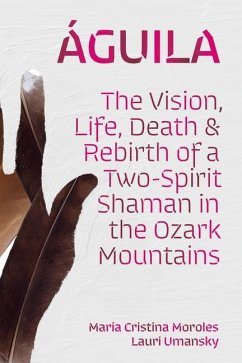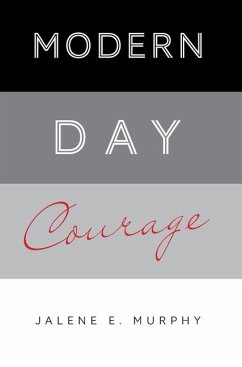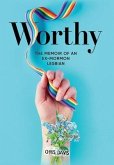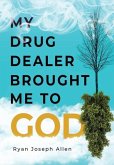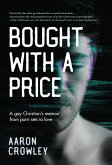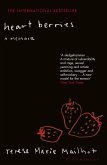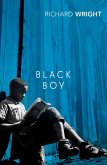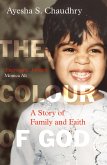""âAguila" tells the astonishing life story of Marâia Cristina Moroles, a healer and shaman who has spent the past fifty years in the Arkansas Ozarks, where she oversees a healing sanctuary for women and children of color on a five-hundred-acre wilderness preserve. Moroles vividly recounts the events that earned her the ceremonial names 'SunHawk' and 'âAguila' as well as her efforts to build a sustainable community off the grid"--
Hinweis: Dieser Artikel kann nur an eine deutsche Lieferadresse ausgeliefert werden.
Hinweis: Dieser Artikel kann nur an eine deutsche Lieferadresse ausgeliefert werden.

